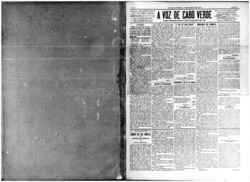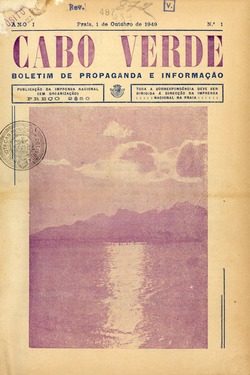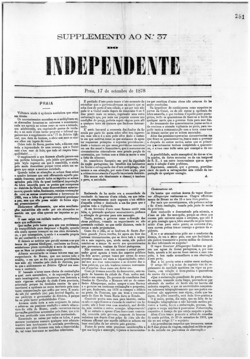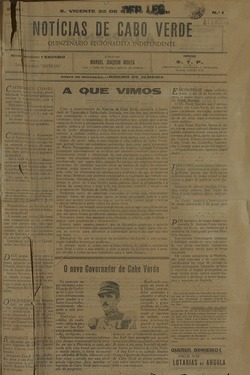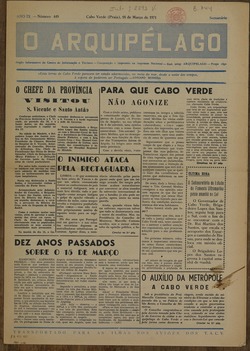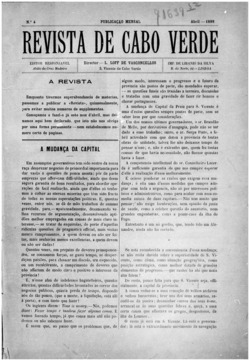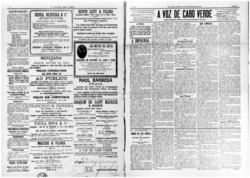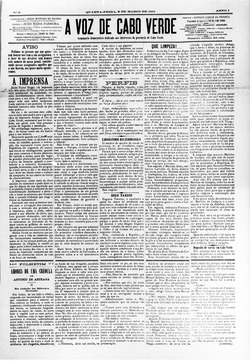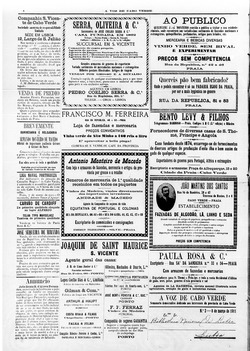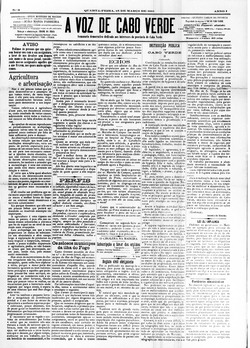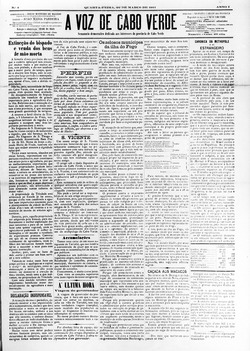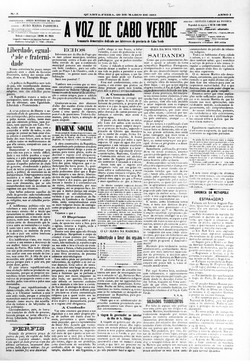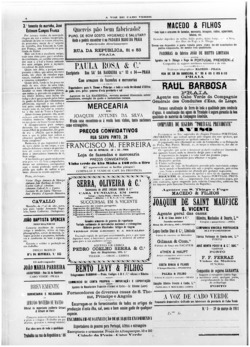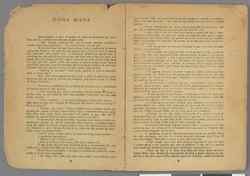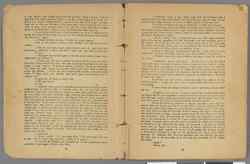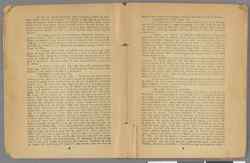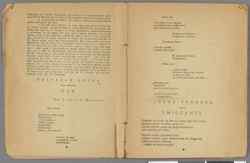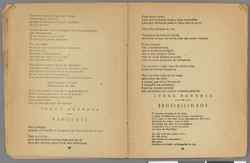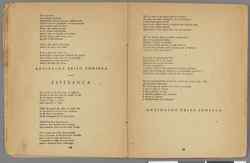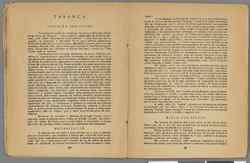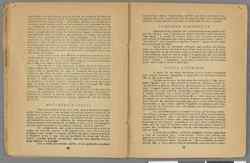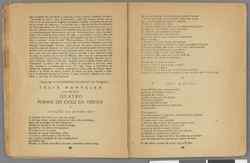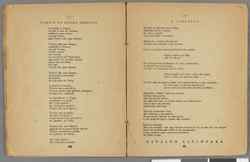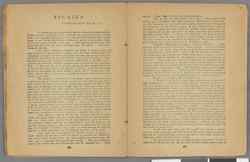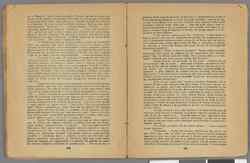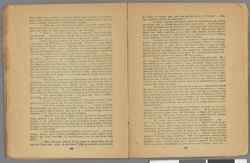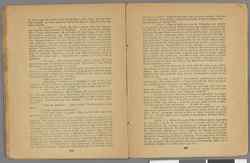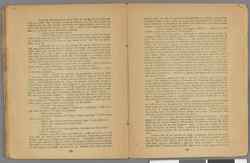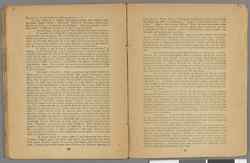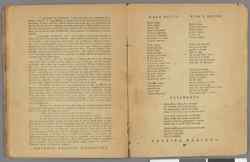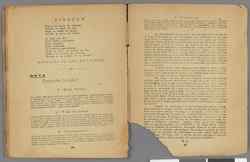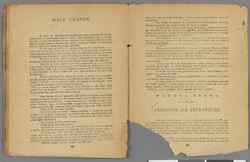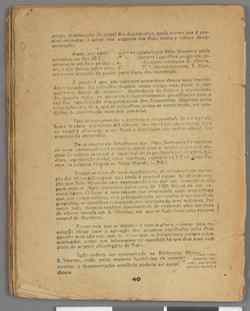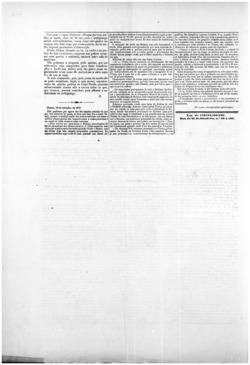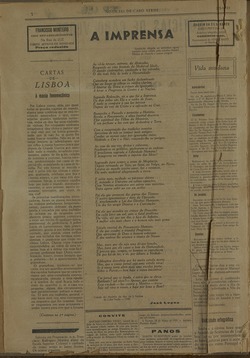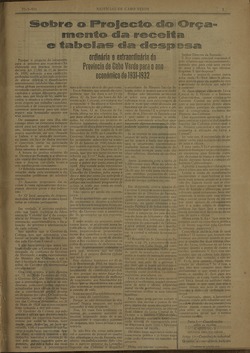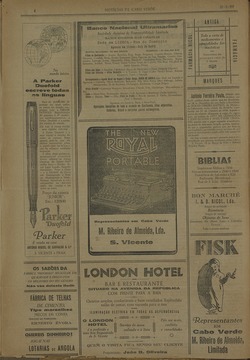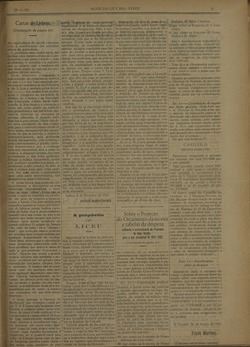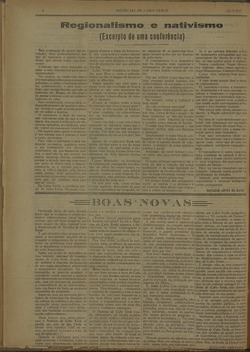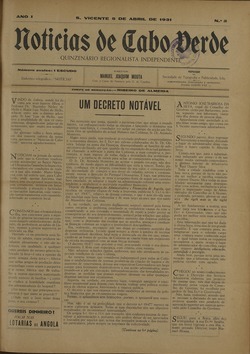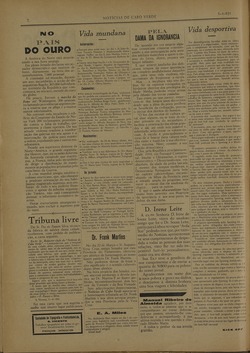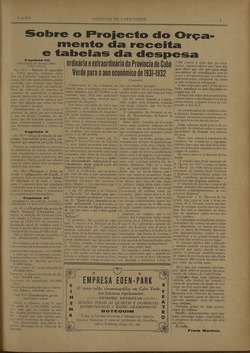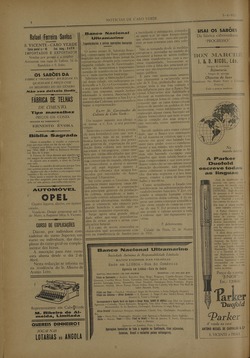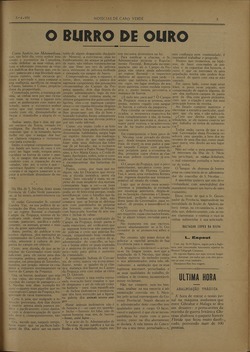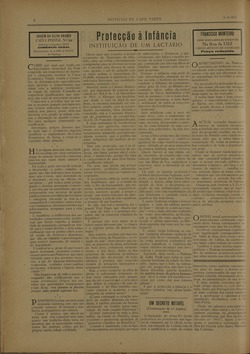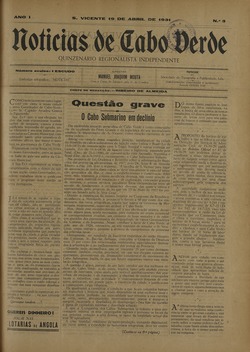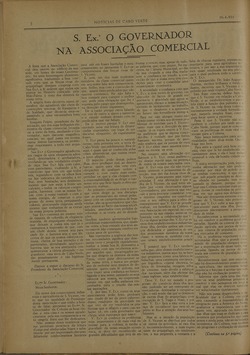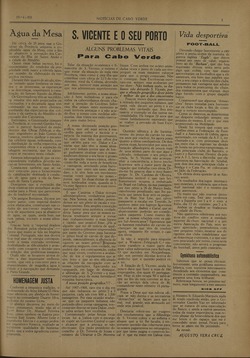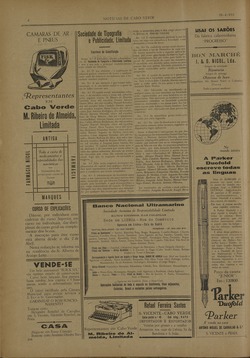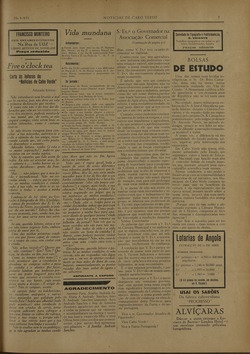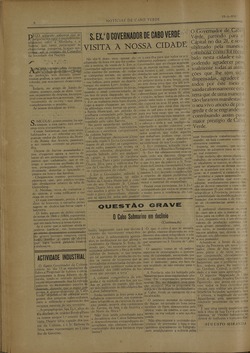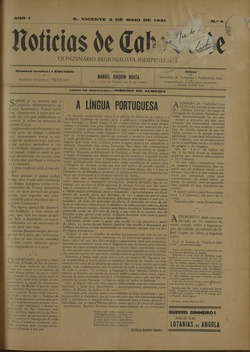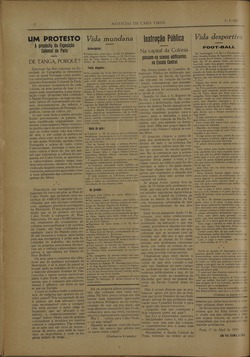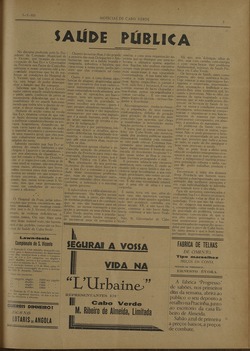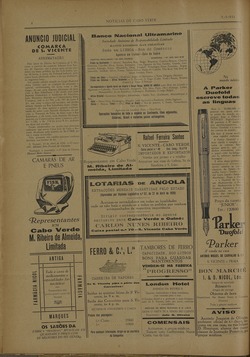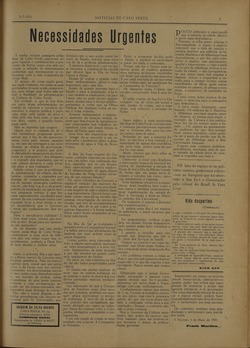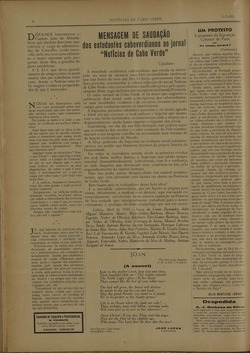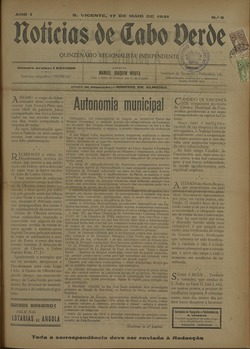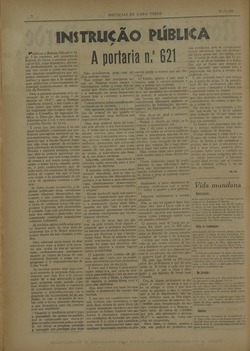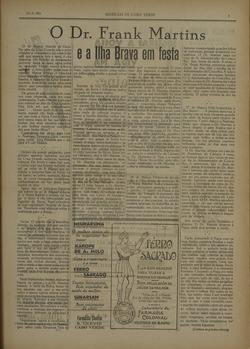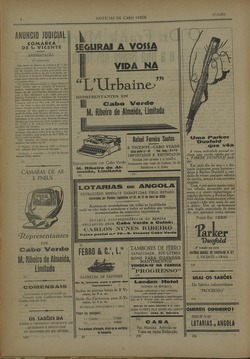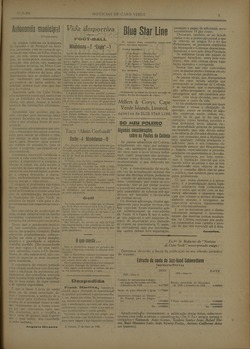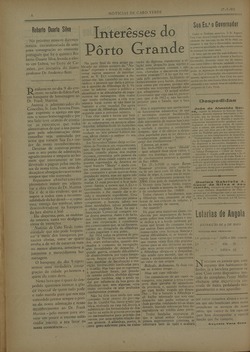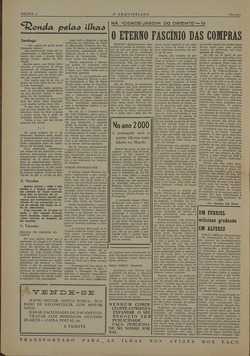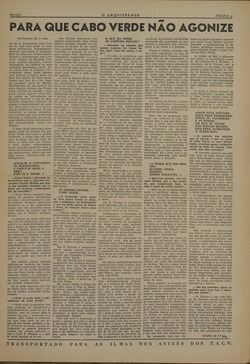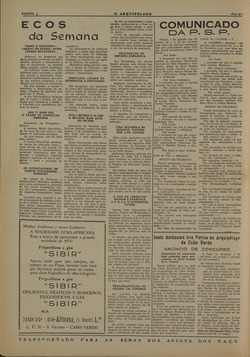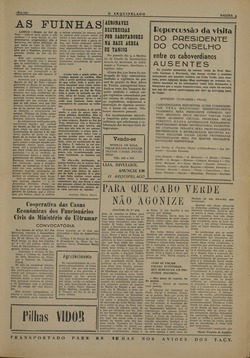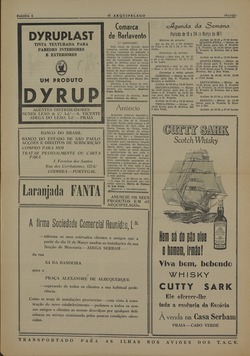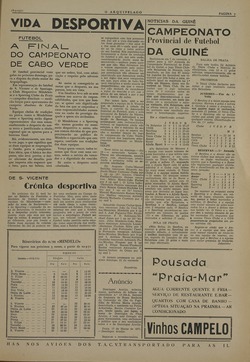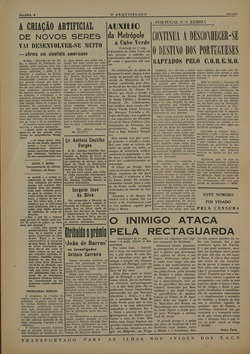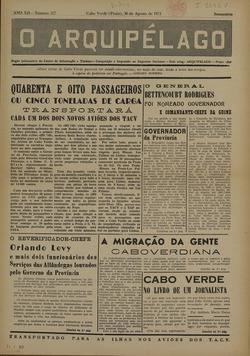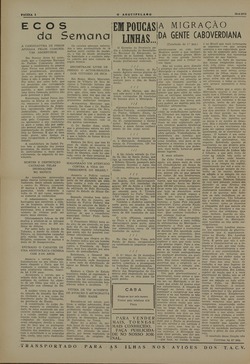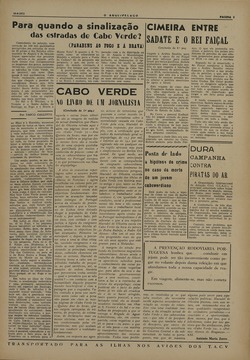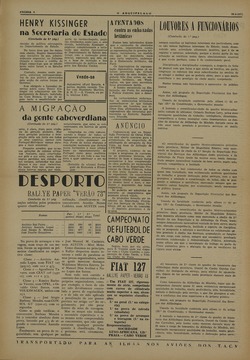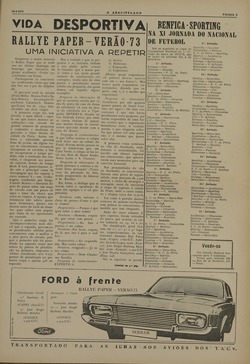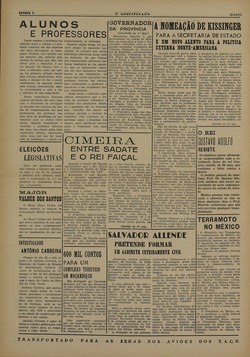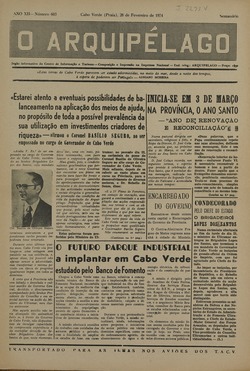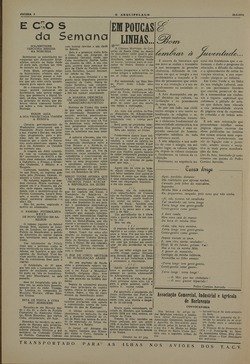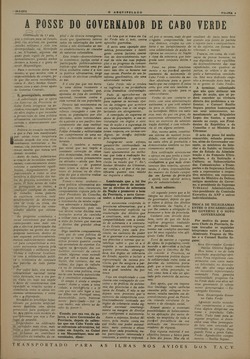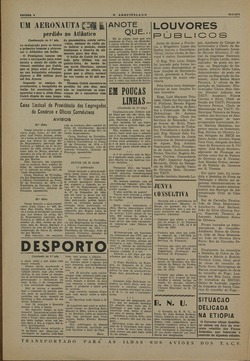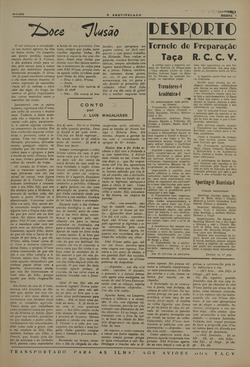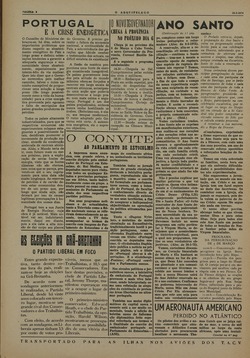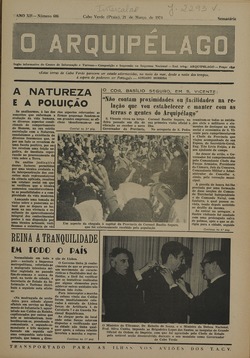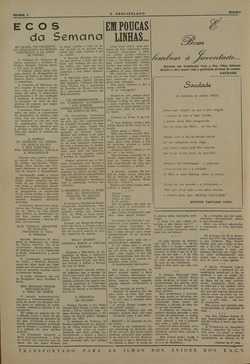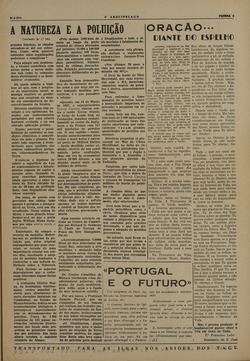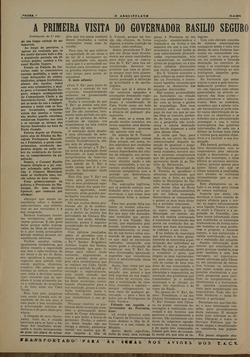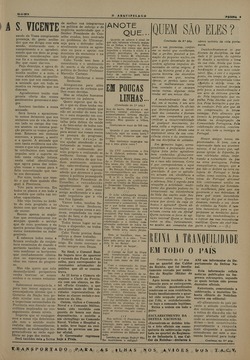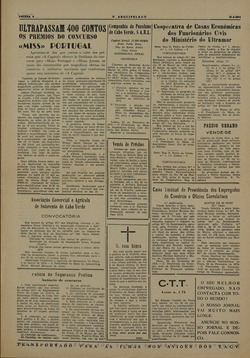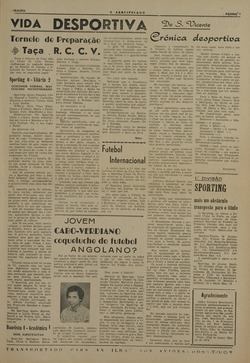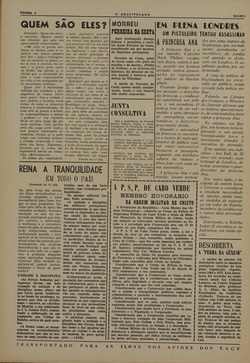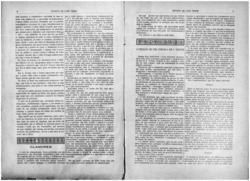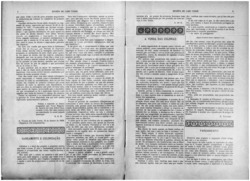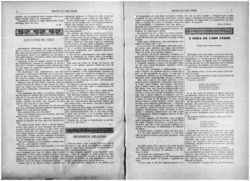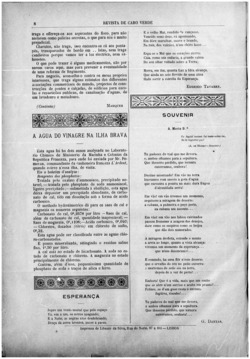Cabo Verde
Cabo Verde foi pioneiro na implantação da imprensa em África. De facto, o primeiro número do Boletim Official Geral de Cabo Verde, publicado na vila de Sal-Rei, ilha da Boa Vista, data de 24 de Agosto de 1842.
A existência nas ilhas de Santiago, São Nicolau, São Vicente e Boavista de sociedades recreativas, culturais e literárias contribuiu para a afirmação e o cultivo da imprensa. Por outro lado, panfletos que serviram para disputas políticas, para o ataque e defesa nos confrontos que se deram entre as elites, precederam e alavancaram a emergência da imprensa não-oficial.
A emergência de uma elite cabo-verdiana que se opunha ao governo local e aos planos coloniais da metrópole, foram entre os fatores que contribuiram para o surgimento de uma imprensa independente do governo. Na transição da Monarquia para a República, a propriedade dos jornais manteve-se ligada aos comerciantes e aos funcionários públicos, continuando a ser desempenhada por intelectuais que desejavam sobretudo propagar as suas causas e mobilizar as elites. A actividade jornalística continuou a estar conjugada à militância política.
Ao longo do Estado Novo apareceram títulos que procuraram ser críticos das políticas autoritárias e coloniais, contudo, estes logo foram suspensos ou sofreram pressões que os inviabilizaram. Por um lado, ganhou relevo na crítica ao regime uma imprensa literária, que através de contos, crónica e poesia escrita em crioulo abordou os problemas do arquipélago e manteve na agenda os temas nativistas. Por outro lado, o governo fez um forte investimento na imprensa, sendo os jornais sustentados pelo Estado os únicos que mantiveram a sua regularidade. Em suma, Estado e governo apropriaram-se da imprensa e o jornalismo desempenhou papéis característicos dos regimes autoritários, fazendo a sua propaganda, defendendo as suas políticas e reforçando a sua orientação ideológica e servindo como um instrumento de governação.
Cape Verde pioneered the deployment of the press in Africa. In fact, the first issue of the Bulletin Official Geral de Cabo Verde, published in the village of Sal-Rei, island of Boa Vista, dates from August 24, 1842.
The existence of recreational, cultural and literary societies in the islands of Santiago, São Nicolau, São Vicente and Boavista contributed to the consolidation and popularity of the press. On the other hand, there was an unofficial press, which published pamphlets concerning local political disputes, either to attack or to defend different positions in the disputes between the elites.
The emergence of a Cape Verdean elite who opposed local government and the colonial plans of the metropolis was among the factors that contributed to the emergence of an independent press. In the transition from the Monarchy to the Republic, newspaper's ownership remained in the hands of merchants and civil servants, and continued to be carried out by intellectuals who were keen on propagating their causes and mobilize the elites. Thus, press activity remained linked to political militancy. However, this lively atmosphere would be subdued during the Estado Novo.
Throughout the whole of the Estado Novo many new periodicals sought to be critical of the authoritarian and colonial policies of the regime. However, these periodicals soon were suspended or suffered pressures that made them harmless. The press that survived fell under two categories: on the one hand, there was a literary press, which through stories, chronicles and poetry written in Creole, addressed the problems of the archipelago and kept nativist themes on the agenda; on the other hand, the government made a strong investment in the press. In fact, only the state-supported newspapers kept regular publication, which is to say that to a certain extent the colonial government appropriated the press to make propaganda in favour of the authoritarian regime, defending its policies and reinforcing its ideological orientation. In this case, when the independence of the press is controlled, it loses its critical dimension and becomes a means of governance, legitimatizing the regime.
